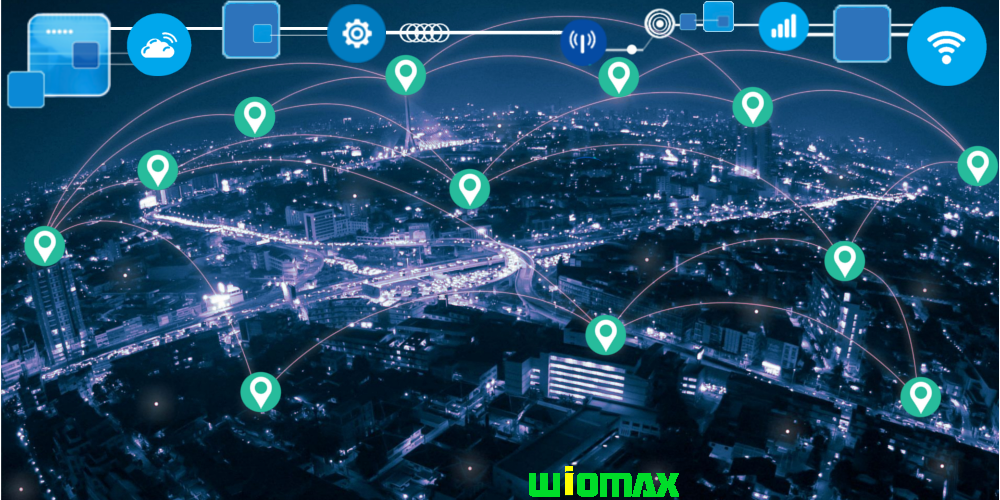
A platform specializing in geospatial data is often referred to as a Location Platform (LP) or Location Based Services (LBS) platform. Different from Geographic Information System (GIS), which is a system designed to capture, store, manipulate, analyze, manage, and present all types of geographical data, LP provides location-centric development environment with actual hardware/software upon which a piece of software is built or for which it is destined, and offers much more benefits in terms of supports to business. Upon LP, external LBSs can build, and new services can be made with all the services existing within one environment.
Specifically, open LP allows a third party to build softwares for LBS using the interfaces based on open standards, such as application programming interfaces (API) and Software Development Kit (SDK). In open LP, softwares can be used by a third party to functionality for location-based development in other ways than the original programmer intended, without modification of the source code. Moreover, developers of a third party can integrate with open LP to add features or change existing functionality that the platform vendor had not completed or even conceived of. The opposite is called closed LP, where the interfaces are controlled by the vendor rather than based on open standards, and the vendor restricts convenient access to non-approved applications or contents. In comparison with closed LP, open LP can bring much more values in terms of providing a foundation for innovation and advocating collaboration across different vertical markets.
In the upcoming IoT era, data would be everywhere. Open LP not only supports deployment of Location Intelligence (LI) to ingest and process real-time geolocation data, but also encourage built-in smart solutions from a third party through collaborations to make the data actionable for a seamless connection and integration with hardwares and devices, which unleashes the real value of IoT— the smart IoT. Nowadays, sharing and collaboration is the key to the innovation impacting global economy and our daily lives. Open LP has unlocked the power of the integrated “Data analytics + Optimization + Artificial intelligence + Internet of things” (DOAI) smart technologies to form a foundation for the latest wave of innovation taking industry to the next level. Whether the LP opens up to the developers and wider location community has become one important emphasis to be considered by vendor for continuously innovating to maintain their positioning across location verticals in LP index.
For creating smart products, open LP can function as an integrated data hub playing vital roles supporting the connection and integration among various types of data and different cutting-edge DOAI smart technologies. For example, open LP has offered smart IoT the capability using Location Intelligence (LI) to make sense of big data through performing complex predictive analytics in real time for enhancing safety, improving efficiency, and increasing Return on Investment (ROI) at San Francisco’s Bay Area Rapid Transit (BART). The smart IoT technologies and LI integrated to an open LP make BART able to move 450,000 commuters per day safely and efficiently, and the real-time data available on devices has saved great amount of time and money across the organization. Open LP solves the problems of fragmented and disparate data sources and offers the interoperability between them and DOAI smart technologies via a collaborative environment, which enables businesses to monetize their valuable assets –- not only of data but also of smart technologies and related services and products. At this point, HERE technologies has started the process of adding a marketplace on top of their open LP and has shown at CES2018* how businesses would be allowed to monetize a multitude of assets, including apps, products, data sources and services used within the open LP.
Through supporting interoperability and collaboration, open LP is unlocking the potential of integrated smart technologies and unleashing the values of IoT and big data for developing smart cities. The features of interoperability empowers different systems and products in smart city to work in an interactive mode for either access or implementation and to bring us to the autonomous future.
* Dr. Wang partnered with HERE Technologies in CES2018.
![]() By Z. Jenipher Wang, Ph.D. —— The WIOMAX SmartIoT Blog
By Z. Jenipher Wang, Ph.D. —— The WIOMAX SmartIoT Blog
